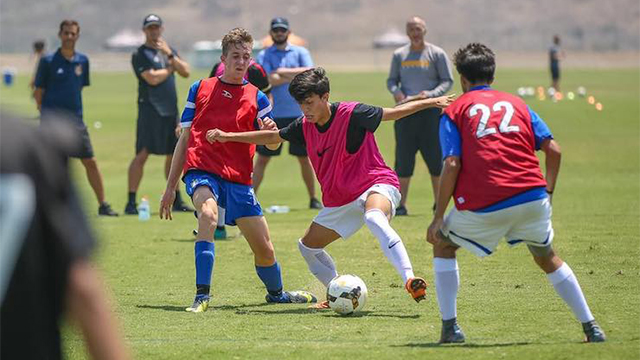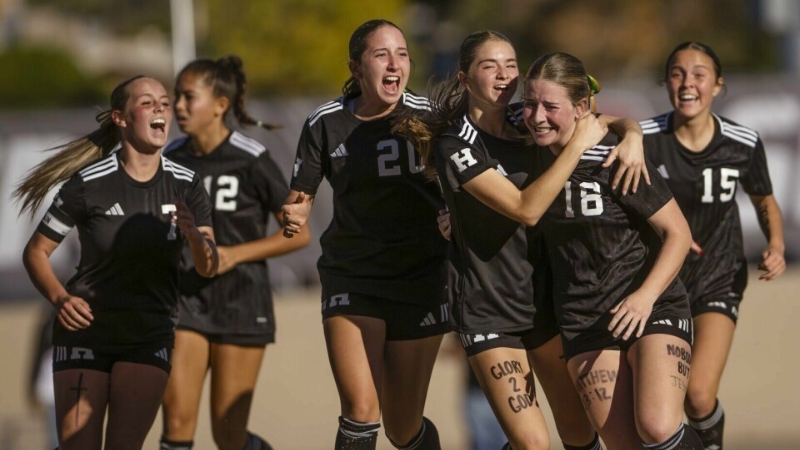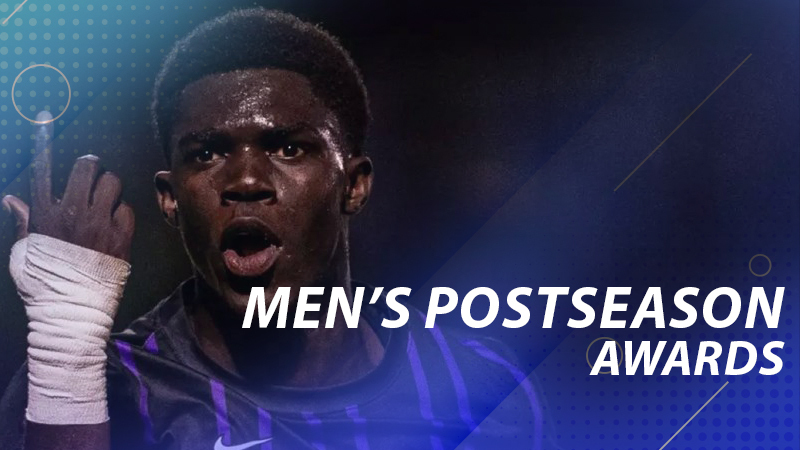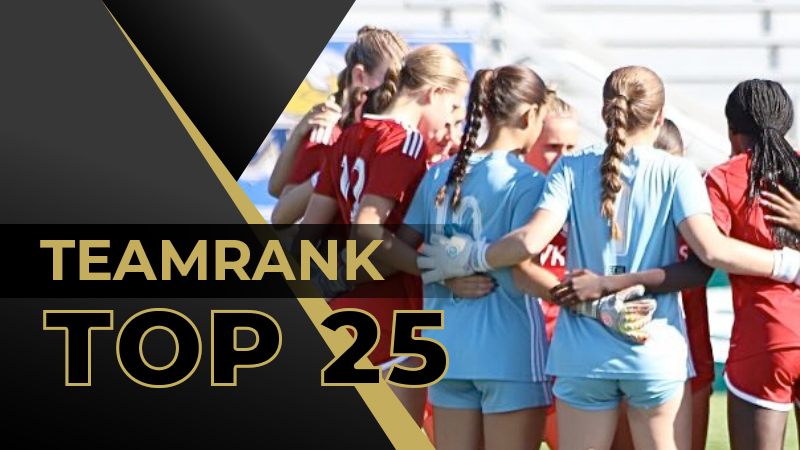Recruiting Tips: Gaining college exposure

When we talk about the recruiting process we are really only focused on two parts: the communication phase and the exposure phase. These are the meat and potatoes of the recruiting process. These phases could begin as early as freshmen year and continue through your junior year. You need to develop a plan of how will you get a college coach or scout to evaluate you. Whether it be an initial video, a showcase, tournament, or a college ID camp/clinic.
Gaining college exposure is one of the most essential pieces of the recruiting process. But do you know the difference between being identified vs. being recruited? Just because you receive an email or a camp or clinic invitation from a college coach, it doesn’t necessarily mean you are being recruited.
The process of being identified by a college coach can come in many forms.
Ways to Be Identified
-
College Showcase/Tournament/Competition
-
High School Competition
-
College ID Camp/Clinic
-
Recruiting Video
-
Referral
It’s what you do after you have been identified that will determine if a coach wants to recruit you.
How do you know your Being Recruited
Here is a list of activities in order to determine if a college coach is recruiting you.
-
Personal email/phone call from a college coach
-
Coach evaluates your academic/athletic performance
-
Personal invitation to camp/clinic
-
Personal invitation for a campus visit
-
References contacted
-
Coach requests academic information
-
Coach offers an official visit
-
Coach makes a scholarship offer/roster spot offer
Three Elements of Gaining Exposure
In order to grab the attention of a college coach and get on the recruiting list there are three things you can do to give you a better chance at being recruited.
1. Bring the Energy - The first element in gaining college exposure is to bring energy and excitement into the process. Finding the right program can be a daunting task so you need to be energetic. You control your own athletic career and success relies on having a plan for success. What does bring the energy mean? Here are some tips:
-
Confidence - Be Confident! Having confidence in your athletic ability will feed the energy you put into your recruiting process. Athletes need to be confident in themselves to be able to reach their goals. “I will play collegiate athletics.” “I will make the team.”
-
Passion - College coaches love athletes who love their sport. Athletes who eat, sleep, and dream their sport will be successful because they are willing to work hard to be their best. Passion is what will keep your energy levels high.
-
Initiative - You are responsible for the path of the recruiting process. Just like taking the initiative on field or the court to get better you need to be proactive to get recruited. Self-starters are enthusiastic and bring loads of energy into every endeavor they take on.
-
Appreciation- You need to appreciate the opportunity you have been given. You need to appreciate the support you have been given over the years from your family, friends, teammates, and coaches. Appreciate all of the good things in your life and who you are today.
2. Get on the Radar - You have heard it before, get on the coaches radar. But what does that mean? College coaches need to know you exist and that you are interested in their program and would be a viable asset to their program. You need to begin building relationships with college coaches. We discussed initiating contact with college coaches which is the first step to building relationships with college coaches. The reason to build the relationship is to get on a college coaches radar so they have the opportunity to evaluate your athletic ability.
3. Stand Out On and Off the Field - The third and most important element to gaining exposure is grabbing the attention or standing out to a college coach. It's important that you understand how to stand out both on and off the field.
On the Field
Athletically, coaches would like to see you play more than once to have a good sense of your athletic ability. Coaches don't want to judge you on one great performance or one terrible performance. So try not to get too high or too low on how you played.
-
Be a team first type of player
-
Be the hardest working player on the field
-
Be a Leader
-
Be Positive and encouraging
-
Be vocal in a positive way.
-
Communicate and guide your teammates
-
Control your emotions and body language
Off the Field
As important as your athletic abilities are, how you carry yourself off the field is what might separate you from the crowd. So you need to remember that coaches are always watching you not just what you do in between the lines but everywhere.
-
Be Professional in everything you do
-
Be Respectful
-
Be Prompt
-
Be Accountable
-
Go out of your way to be recognized
-
College Coaches will remember the little things
Are you ready to start designing your pathway to play college soccer? Visit www.GuidingFutureStarsAcademy.com and get your copy of the GFS College Recruiting Road Map to start planning for your future.
Headlines
- Recruiting Roundup: December 15-21
- How Do I Get Scouted by TopDrawerSoccer?
- 2026 Women's Division I Transfer Tracker
-
Rocky Mountain High School Roundup

- 2025 Men's DI Postseason Awards
- Niko Markovic Selected First in MLS Draft
-
Commitments: Defender Swaps Coasts

- TopDrawerSoccer TeamRank Update - Girls
- 2026 Major League Soccer Draft Results
- Women's College Postseason Freshmen Top 100



